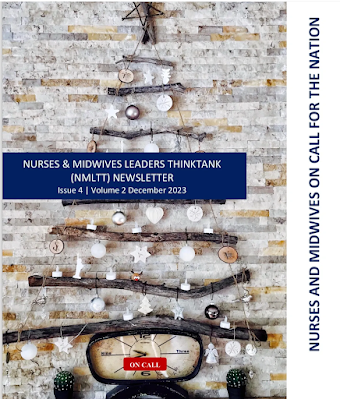Investing in Nurses & Midwives: Reflections from Uganda
This post was co-authored by Irene Atuhairwe Duhaga, BScN, MPH and Tracy Kobukindo, BScN, MPH on the occasion of International Day of the Nurse. Irene serves as Technical Advisor for Nursing and Midwifery for Seed Global Health in Uganda. Tracy is a Nurse and public health specialist also working in Uganda. Celebrations and Somber Realities As the world geared up to celebrate the International Day of the Midwife (May 5th) and the International Day of the Nurse (May 12th), we reflect on the first quarter of 2020, a year that was declared by WHO as the International Year of the Nurse and Midwife (YONM). According to WHO, 2020 is meant to “celebrate the work for nurses and midwives, highlight the challenging conditions they often face, and advocate for increased investments in the nursing and midwifery workforce.” In a sad twist, celebrating during YONM has become less palatable given the COVID-19 pandemic that has seen nurses and midwives (among other health workers) all over the w...


